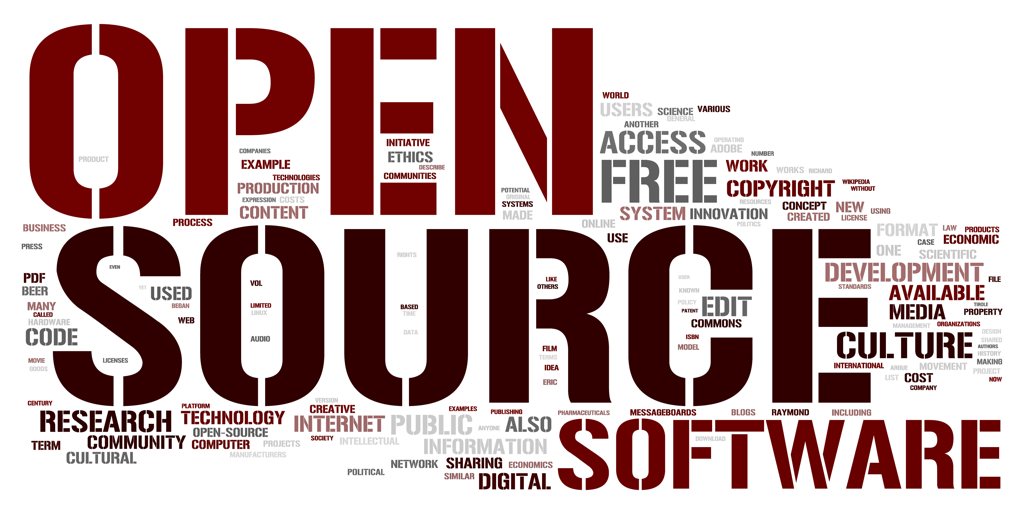Analysts from Citigroup released a report titled “Digital Disruption” which highlights the growing pressures on employment in the financial and banking industry caused by growing Fintech startups. The report offered data that suggests employment at American banks would drop to 1.8 million by 2025 compared with 2015’s American banking employment total of 2.6 million people. The percentage of people working for European banks who are predicted to lose their jobs is even higher. In addition to new regulations and market volatility, Fintech startups are blamed for this because of their aim to innovate many different parts of the financial industry.
The concern over a large reduction in the number of people employed by banks is valid but I believe the severity is not as high as what is being presented. The general purpose of Fintech’s is to create more efficiency, inclusion, and easy to use financial services and tools for consumers and businesses. Increases of employment in Fintech roles and an overall increase in economic efficiency and output caused by Fintech innovation will help offset jobs that may be lost in the banking industry.
